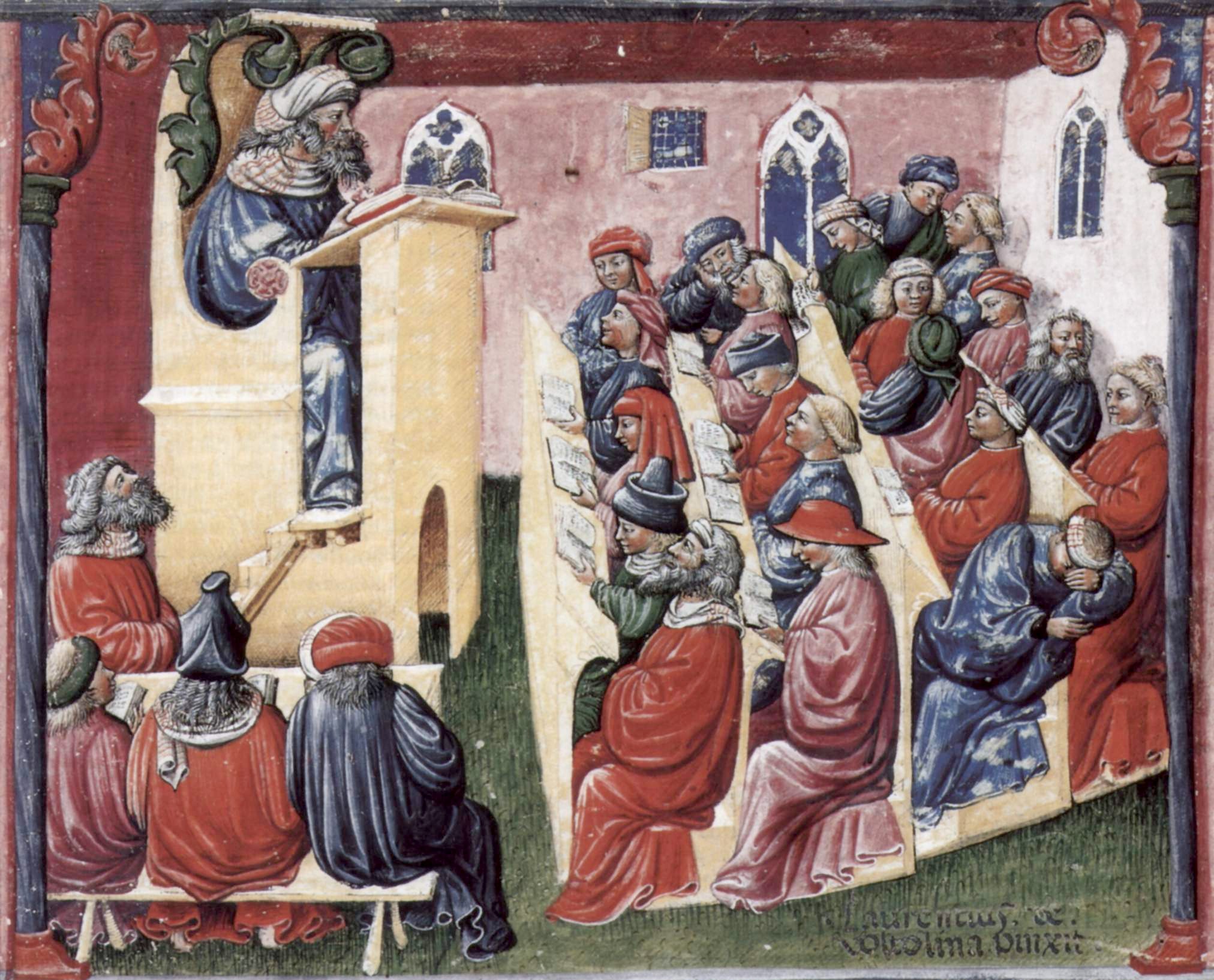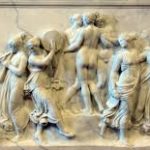Ancient Roman Speeches and Speakers: As the political climate of Rome changed becoming more honorable, Quintilian, a famed lawyer, and teacher developed a course of rhetorical education that was explicitly moral in an attempt to return Rome to its previously democratic state. In ‘Institutio Oratoria’, Quintilian set out to create a system of lifelong rhetorical study that would perfect the natural talents of a speaker.
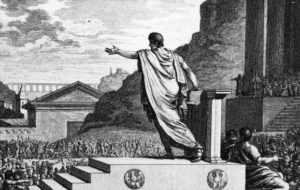
Quintilian, in other words, wanted to mold a good speaker into the perfect speaker. Public speech, Quintilian believed, should never ignore the moral issues involved in civic life; it should deal with questions of justice and honor. This belief is most salient in Quintilian’s description of the perfect speaker as the “good man speaking well”.
Ancient Roman Speeches
Not only was the perfect orator a “good man,” Quintilian believed that “bad” or immoral individuals were not effective or successful speakers. The “good man speaking well” would be both morally virtuous, active in public life and committed to the public good rather than private gain.
Essentially, the perfect speaker was a morally conscious, informed and active citizen who would put the good of the state before him or herself. This perfect speaker would be an ideal leader, well equipped to guide Roman government back to its glorious past.
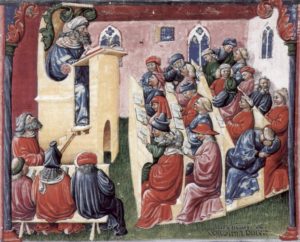
Ancient Roman Speeches and Speakers
The Roman Forum was a rectangular plaza surrounded by the ruins of several important ancient government buildings at the center of the city of Rome. Citizens of the ancient city referred to this space, originally a marketplace, as the Forum Magnum, or simply the Forum.
It was for centuries the center of Roman public life: the site of triumphal processions and elections, the venue for public speeches, criminal trials, and gladiatorial matches, and nucleus of commercial affairs. Here statues and monuments commemorated the city’s great men.
Famous Speech location
The teeming heart of ancient Rome, it has been called as the most celebrated meeting place in the world, and in all history. Located in the small valley between the Palatine and Capitoline Hills, the Forum today is a sprawling ruin of architectural fragments and intermittent archeological excavations attracting numerous tourists.
In 63 BC, Cicero delivered his famous speech denouncing the companions of the conspirator Catiline at the Forum in the Temple of Concord, whose spacious hall was sometimes used as a meeting place by the Senators. After the verdict, they were led to their deaths at the Tullianum, the nearby dungeon which was the only known state prison of the ancient Romans.
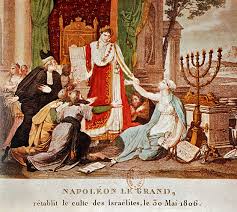
Over time the Comitium was lost to the ever-growing Curia and to Julius Caesar’s rearrangements before his assassination in 44 BC. That year two supremely dramatic events were witnessed by the Forum, perhaps the most famous ever to transpire there:
Ancient Roman Speakers
Marc Antony’s funeral oration for Caesar (immortalized in Shakespeare’s famous play) was delivered from the partially completed speaker’s platform known as the New Rostra and the public burning of Caesar’s body occurred on a site directly across from the Rostra around which the Temple to the Deified Caesar was subsequently built by his great-nephew Octavius or Augustus.
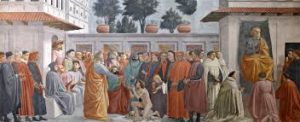
Thus,In Ancient Roman Speeches and Speakers, oratory in the Roman Empire, though less central to political life, remained important in law, and under the second Sophistic became an important form of entertainment, with famous orators or declaimers gaining great wealth and prestige for their skills.
